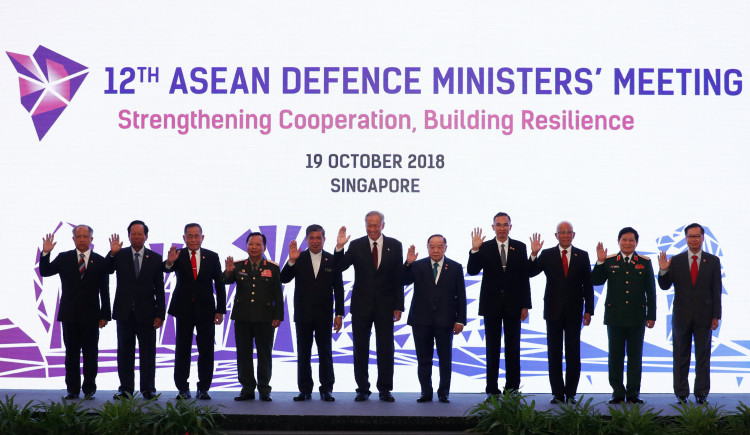The Association of Southeast Asian Nations, or ASEAN, is an intergovernmental body comprised of the 10 countries in the Southeast Asian region. With the growing and encompassing threat of the trade war between the United States and China reaching the region, ASEAN countries have stepped up to take matters into their own hand, and also to prepare for the worst to come.
On Monday, Singapore Prime Minister Lee Hsien Loong said that in order to maintain economic order in the Southeast Asian region, ASEAN members should push through with the strategy of integration. Mr. Lee made his remarks during a business forum in Singapore ahead of the scheduled meeting of ASEAN members along with other regional partners.
On his speech, Mr. Lee said that the ASEAN region has a great economic potential. However, in order to achieve this, integration and the effort towards achieving it should be the main priority of ASEAN members. Mr. Lee added that this philosophy is integral especially in today's economic and political agenda of isolationism and unilateralism.
Among those expected to attend the ASEAN meeting next week are the following: Chinese Premier Li Keqiang, United States Vice President Mike Pence, Japanese Prime Minister Shinzo Abe, Russian President Vladimir Putin, and Indian Prime Minister Narendra Modi.
United States President Donald Trump have iterated, on several occasions, that he will not attend the said meeting. It is important to note that President Trump is the one who pulled the United States out of the Trans-Pacific Partnership deal which was deemed by many analysts as a gateway to enhance trade relations between the United States and Asia. Additionally, President Trump is also the one who initiated the massive trade war which his country and China are currently embroiled in. In order to mitigate the effects of the said trade war, Chinese President Xi Jinping and U.S. President Trump are scheduled to meet in Buenos Aires at the end of the month for a highly anticipated meeting.
The trade war between China and the United States have sparked global economic anxieties, most concentrated of this is in the Southeast Asian region. Some observers believe that if the trade war continues, it will severely affect not only the economies of China and the United States but also the economies of the countries that rely on them for trade.
Many of the countries that are slated to attend the upcoming ASEAN meeting are positive that a resolution to the devastating trade war could be put in place. Nevertheless, these countries are still wary and are putting up plans should the worst come to pass.






